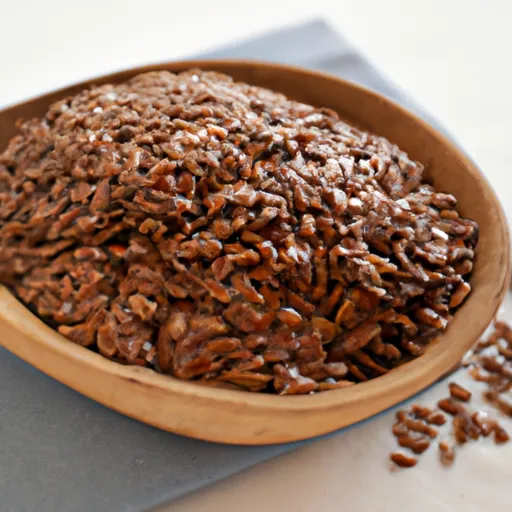How to Balance Your Hormones Naturally with Diet and Lifestyle
Hormones play a crucial role in regulating various bodily functions, including metabolism, mood, and reproduction. When hormones are out of balance, it can lead to a range of health issues, such as weight gain, fatigue, and mood swings. Fortunately, you can restore hormonal balance naturally through diet and lifestyle changes.
Eat a Balanced Diet
One of the most effective ways to balance your hormones is by eating a balanced diet rich in nutrients. Include plenty of fruits, vegetables, whole grains, and lean proteins in your meals. Avoid processed foods, sugary snacks, and excessive caffeine, as these can disrupt hormone levels.
- Include foods rich in omega-3 fatty acids, such as salmon, walnuts, and flaxseeds, to support hormone production.
- Consume plenty of fiber from sources like fruits, vegetables, and whole grains to aid in hormone regulation.
- Limit your intake of saturated fats and trans fats, as these can interfere with hormone balance.
Read also: Support Liver Health: Detox Diet Guide
Manage Stress Levels
Chronic stress can lead to hormone imbalances, so it’s essential to find healthy ways to manage stress. Practice relaxation techniques such as meditation, yoga, or deep breathing exercises. Engage in regular physical activity, which can help reduce stress and balance hormone levels.
Read also: Improve Gut Health with Smart Eating Strategies
- Get plenty of quality sleep to allow your body to rest and repair, which is essential for hormone regulation.
- Avoid overexercising, as excessive physical activity can disrupt hormone levels.
Stay Hydrated
Drinking an adequate amount of water is essential for hormone balance. Dehydration can lead to imbalances in cortisol, insulin, and thyroid hormones. Aim to drink at least eight glasses of water per day, and more if you are physically active or live in a hot climate.
Supplement Wisely
In some cases, supplementing with certain vitamins and minerals can help support hormone balance. Consult with a healthcare provider before starting any new supplements, as some can interact with medications or have side effects.
| Vitamin/Mineral | Benefits | Food Sources |
|---|---|---|
| Vitamin D | Supports hormone production | Fatty fish, fortified dairy products |
| Magnesium | Aids in cortisol regulation | Nuts, seeds, leafy greens |
| Zinc | Supports thyroid function | Shellfish, legumes, seeds |
Remember, achieving hormonal balance naturally takes time and consistency. By making healthy choices in your diet and lifestyle, you can support your body’s natural hormone production and maintain overall well-being.
Questions and answers
What are some diet tips for balancing hormones naturally?
Eating a diet rich in whole foods such as fruits, vegetables, whole grains, and lean proteins can help balance hormones naturally. Additionally, incorporating healthy fats like avocados and nuts, as well as avoiding processed foods and excessive sugar, can also support hormone balance.
How does stress impact hormone balance?
When we are stressed, our bodies release cortisol, a hormone that can disrupt the balance of other hormones in the body. Chronic stress can lead to imbalances in hormones like estrogen, progesterone, and testosterone, causing a range of health issues.
What role does exercise play in balancing hormones naturally?
Regular physical activity has been shown to help balance hormones by reducing stress and promoting overall health. Exercise can help regulate insulin levels, improve thyroid function, and support a healthy metabolism, all of which are important for hormone balance.
Are there any specific foods that can help balance hormones naturally?
Foods like broccoli, flaxseeds, and salmon contain nutrients that can support hormone balance. Additionally, herbs like maca root and holy basil have been shown to help regulate hormones like cortisol and estrogen.

